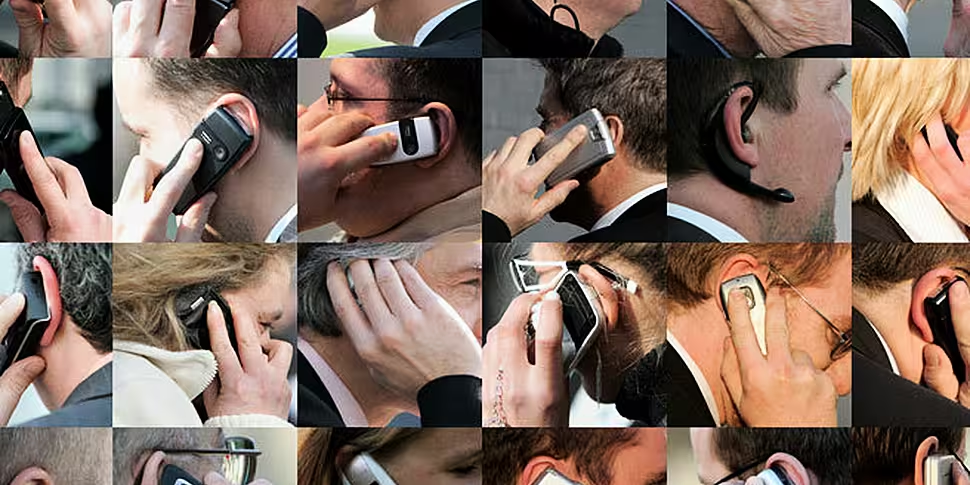The Communications Minister is welcoming the abolition of mobile phone roaming charges in the EU.
The European Parliament and the Council have reached an agreement which will see the end of roaming charges as of June 15th 2017.
It comes almost two years after the European Commission put forward its proposal for a single telecoms market.
The agreement says that when travelling in the EU, mobile phone users will pay the same price as at home, with no extra charges.
These measures will be completed by an overhaul of EU telecoms rules in 2016.
The text will now have to be formally approved by the European Parliament and the Council - and then translated into all EU languages.
After that, it will be published in the Official Journal and officially enter into force.
Meanwhile from April 2016, roaming will become even cheaper.
Operators will only be able to charge a small additional amount to domestic prices up to €0.05 per minute of call made, €0.02 per SMS sent, and €0.05 per MB of data.
Minister Alex White said the introduction of a "roam like at home" service will allow users to continue their domestic mobile phone usage patterns when travelling, without the risk of incurring excessive charges.
A survey carried out last year found that, on average, a quarter of EU users and 35% of Irish residents switch off their data roaming services when travelling within the EU.
Minister White said, "while users should continue to monitor their usage whether at home or abroad, the abolition of roaming charges will remove a significant fear of incurring high costs for users when travelling.”
Internet neutrality
The EU agreement also enshrines the principle of net neutrality into EU law - meaning users will be free to access the content of their choice, and will not be unfairly blocked or slowed down anymore - while paid prioritisation will not be allowed.
This means, for example, that the access to a start-up's website will not be unfairly slowed down to make the way for bigger companies.
The Commission's Digital Economy and Society Index (DESI) ranks Ireland 9th out of the 28 EU Member States, with an overall score of 0.52.
This places Ireland into the cluster of 'medium-performance' countries (alongside countries like Germany, France and the UK), which is a slight improvement on the figures from 2014 when Ireland ranked 11th.
Ireland currently ranks 18th among EU countries in the connectivity dimension of the DESI 2015. While prices for fixed broadband in Ireland are almost double the EU average and are on their way up, the European Commission says.









